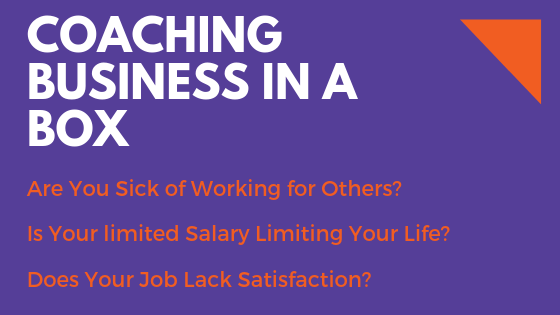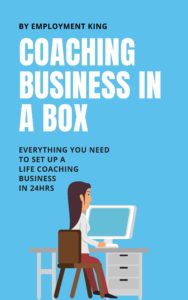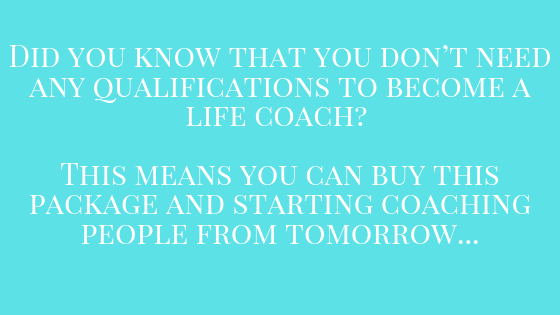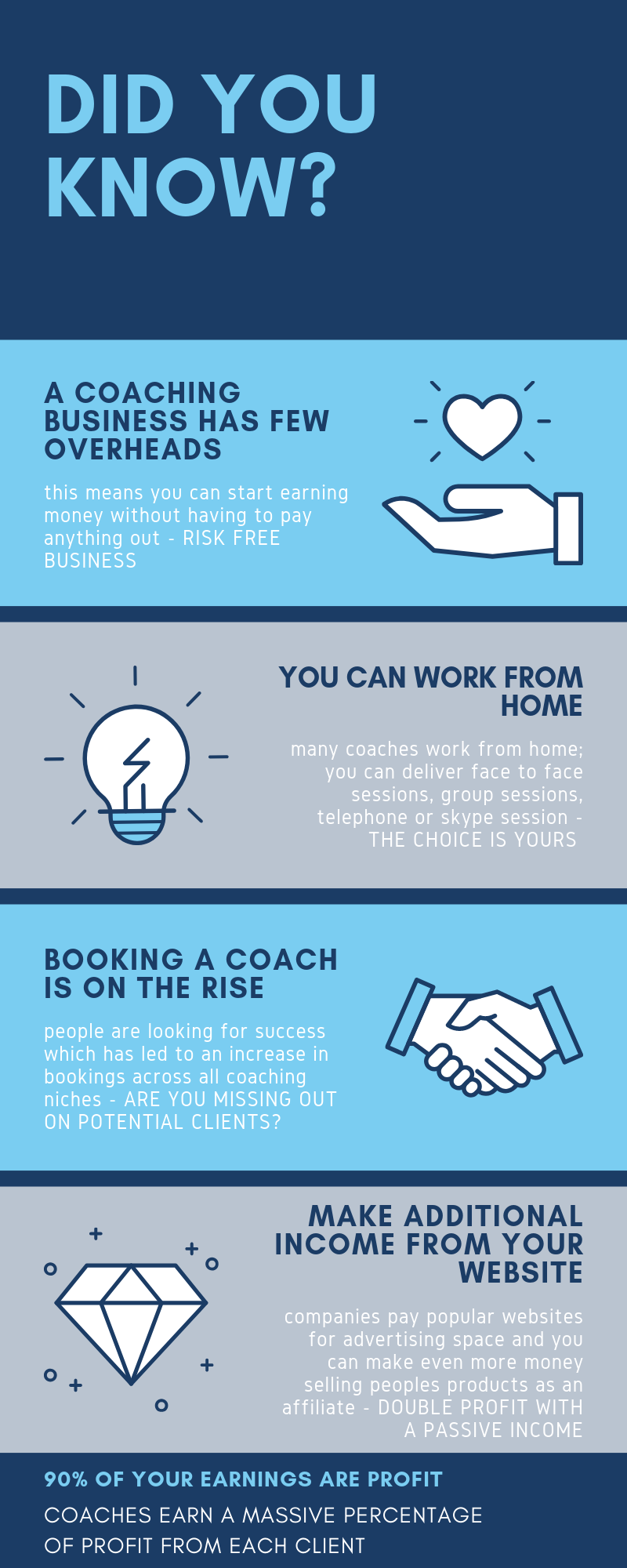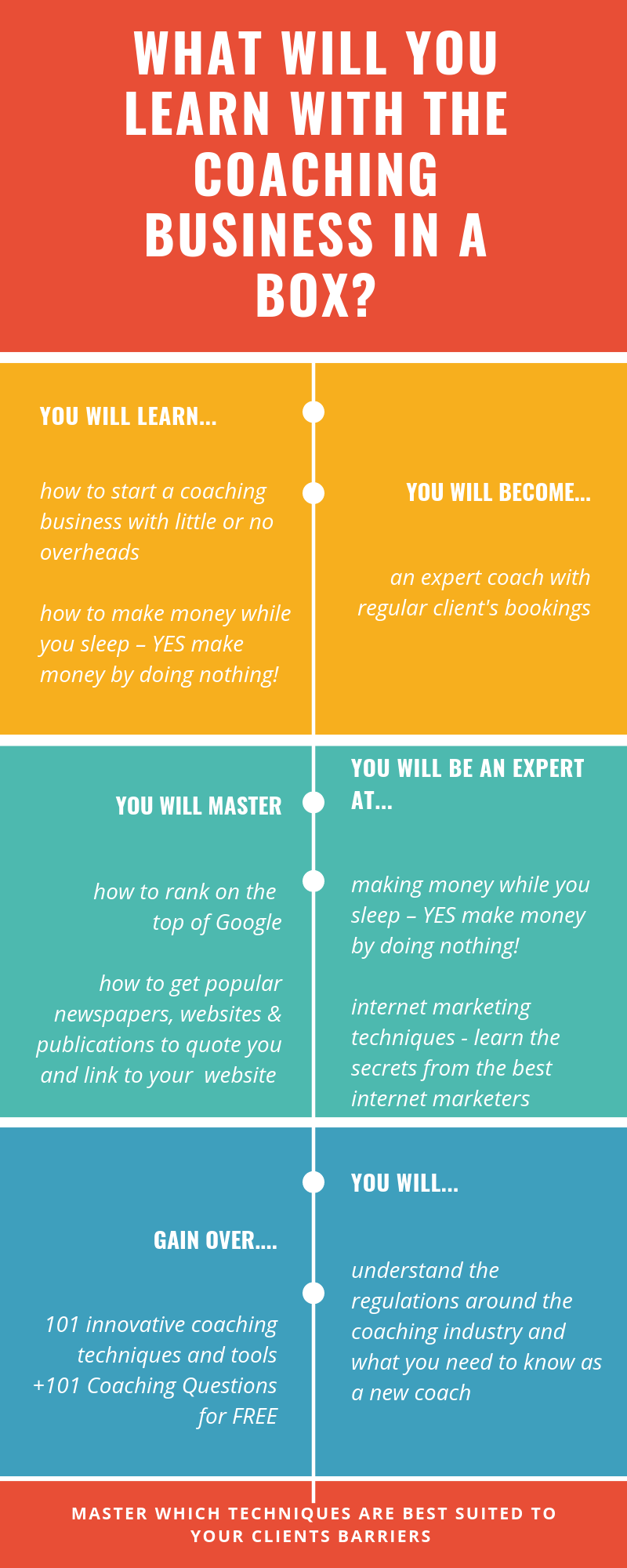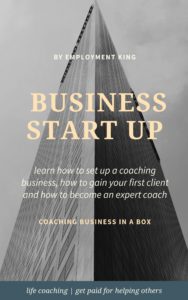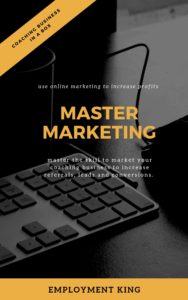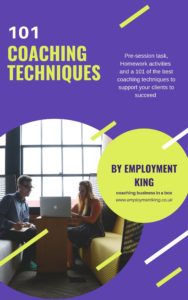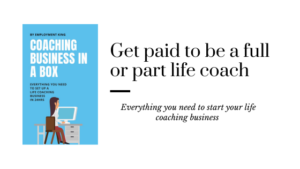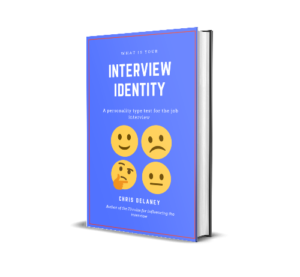Tips for Starting a Successful Home Business in Retirement
Retirement can be tough after spending the majority of your life working, especially when a reduced income threatens the lifestyle you’ve become accustomed to. This may be why more and more seniors are starting their own businesses. Whether you’re looking for a fulfilling way to fill your days or produce a little extra cash, starting a home-based business is an excellent idea. The following tips can help you get started on the entrepreneurial path.
Choose a Business Idea That Excites You
Coming up with an idea can be the hardest part of starting a business. Fortunately, you have a whole lifetime of experience developing skills and discovering your passions. Use this to generate your business idea. If you have a background in advertising or sales, consider selling items online. If you enjoy a hands-on hobby like landscaping or photography, monetize it by selling your services to locals. You can also write a book, sell courses online, or start a podcast to share your knowledge with others. Your options are endless!
If you want to sell things online but don’t have the room or capital to hold inventory, consider dropshipping. Dropshipping allows you to buy individual products from a manufacturer or supplier and ship them directly to your customer. It costs very little to get started because you only pay for products when you make a sale. According to The Next Scoop, dropshipping can be a particularly desirable business model for people who want flexibility—you can work on your dropshipping business while you travel the world! Not only that, but you can automate many parts of your dropshipping business to save time and money. Research products on Oberlo to see what kinds of items you can sell on your dropshipping store.
Do Some Research
Before starting any business, it’s important to research your target market and your competitors. Market research involves assessing the demand for your business in your industry. This will ensure that making money with your business is viable and can help you develop the best path to success. Whether or not you’re familiar with doing research online, your local Chamber of Commerce may be the best place to go for in-depth information on your industry. You can also check out specific online forums to learn from like-minded entrepreneurs in your niche.
Decide What Sets You Apart
Once you’ve done your homework, you’ll have a better idea of what makes your business unique and valuable compared to your competitors. Can you offer better customer service? Are your goods hand-made? Do you source eco-friendly materials? Think about what sets your business apart.
If you’re running an ecommerce store, you may not be able to compete against major retailers on price or shipping speeds. You can, however, beat them when it comes to customer satisfaction. Set up social media pages for your business, reply to comments, and do everything you can to keep those customers happy. Home-based businesses are in the perfect position to engage with their customers on a personal level. According to Zendesk, customer satisfaction is essential to business success.
Learn About Business Laws and Taxes
Before you move forward with your business idea, learn about the licenses and permits you need to acquire. First, all home-based businesses must have a business license. You can learn more about this at your local licensing department or tax office. If you’re providing professional services, like haircutting, financial advising, or daycare, you may also need certification or professional licensing. Likewise, you will need a health department permit if you’re selling food or beverages from your home.
Self-employed seniors also need to know how their home-based business may interfere with their taxes and benefits. For example, you will have to pay social security and Medicare tax on your earnings, even if you’re receiving social security benefits. Remember that you will have to calculate the tax you owe and pay this amount yourself.
Starting a home-based business is both affordable and accessible, so it’s a great option for seniors limited by a tight budget or mobility problems. With just a small investment, you can turn your passion into a profitable venture. To increase your chances of enjoying small-business success, take your time and do plenty of research before jumping in.
Author: “Carla Lopez kept her entrepreneurial spirit even after retiring a couple of years ago. She created Boomerbig.org for retirees who still desire to work and achieve – a site that offers business resources for people in their golden years.”
Interview Preparation Resources
Other People Who Read This Article Also Read:
- How to use Sales Psychology in Job Interviews
- How to read the Interviewers Facial Microexpressions
 How to prepare for an Interview
How to prepare for an Interview
Sponsored Ad







